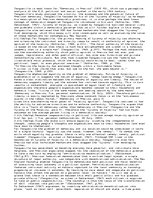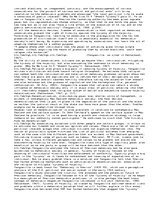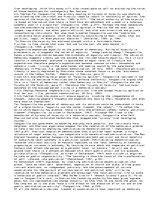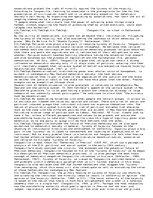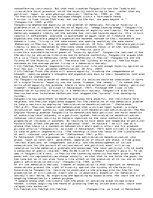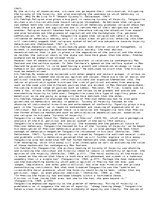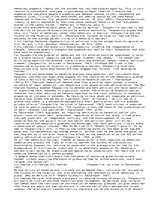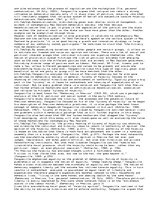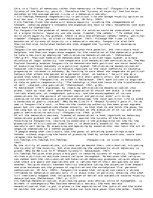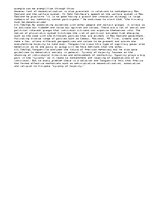-
Tocqueville and Democracy
As Zetterbaum (1967) expresses, by inserting administrative decentralisation into place, "such as local self- government, separation of church and state, a free press, indirect elections, an independent judiciary, and the encouragement of various associations for the pursuit of various social and political ends" will bring resolution to the democratic problems and encourage "the local political life to awake a conscious of public interest" (Why Do We Live In A "Smooth Tyranny"? para 3). As we see in Tocqueville's work, in America the lawmaking authority has been given supreme power but its representatives change annually, so that that no one holds the power for too long but so it can also "have a like effect on the execution of th law and on the public administrative activity" (Tocqueville, 1969, p.249).
Of all the democratic devices, freedom of association is most important as democracy associations protect the right of minority against the tyranny of the majority. According to Tocqueville, learning to associate is the prerequisite for the for the preservation of civilisation itself and it is absolutely essential for democratic society's well being. By organising and operating by associations, men learn the art of adapting themselves to a common purpose.
"A people among whom individuals lost the power of achieving great things single handed, without acquiring the means of producing them by united exertions, would soon relapse into barbarism".
…

